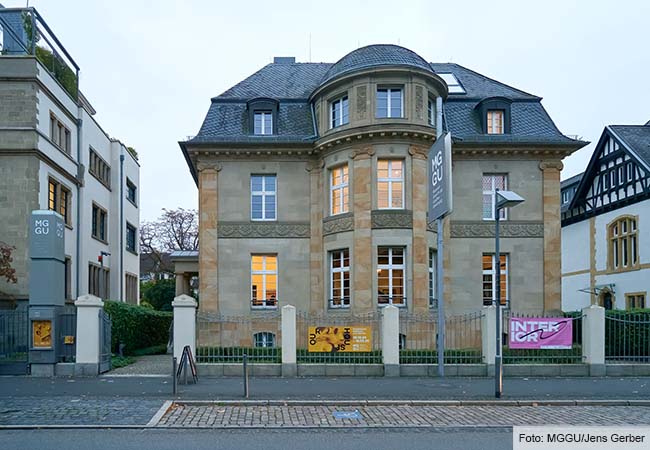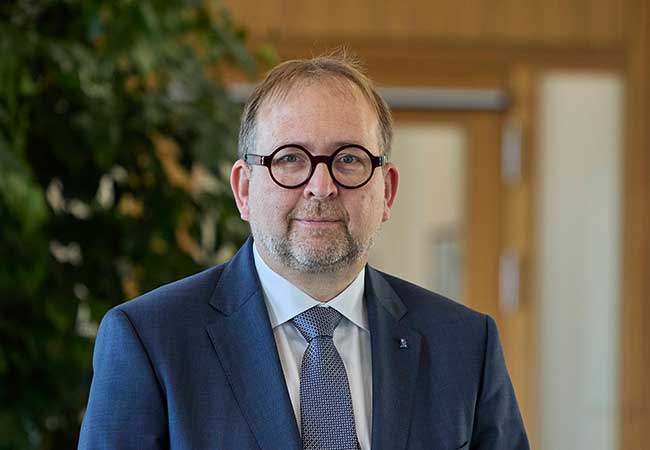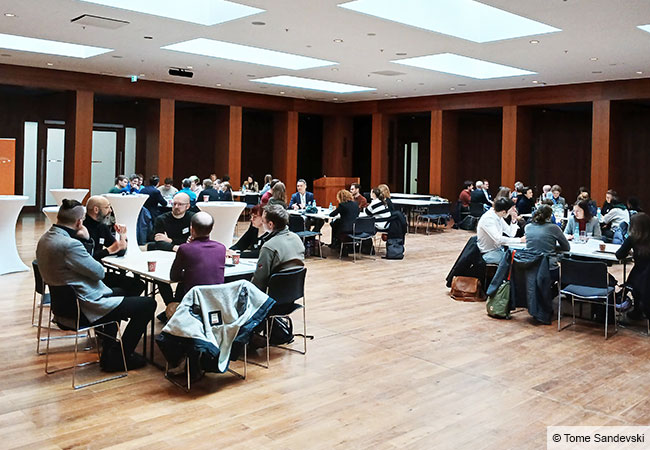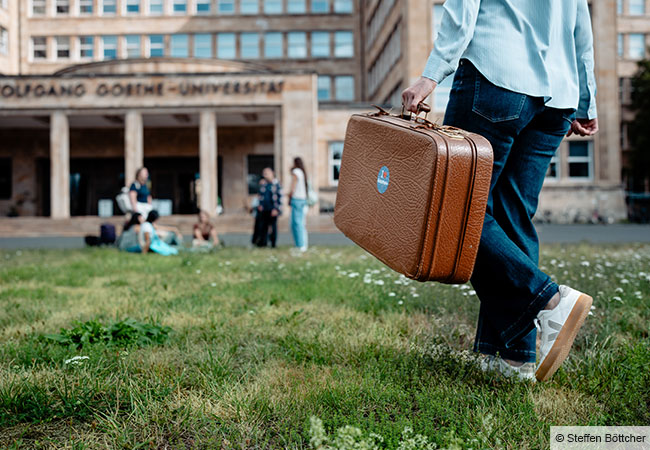We wanted to know: Why did our scientists want to become scientists in the first place? What are they working on, and what do they still want to discover? You can read their answers to these questions and more – including how they motivate their working groups and what they could really do without – as part of this series, which successively introduces some of the people behind the research conducted at Goethe University.
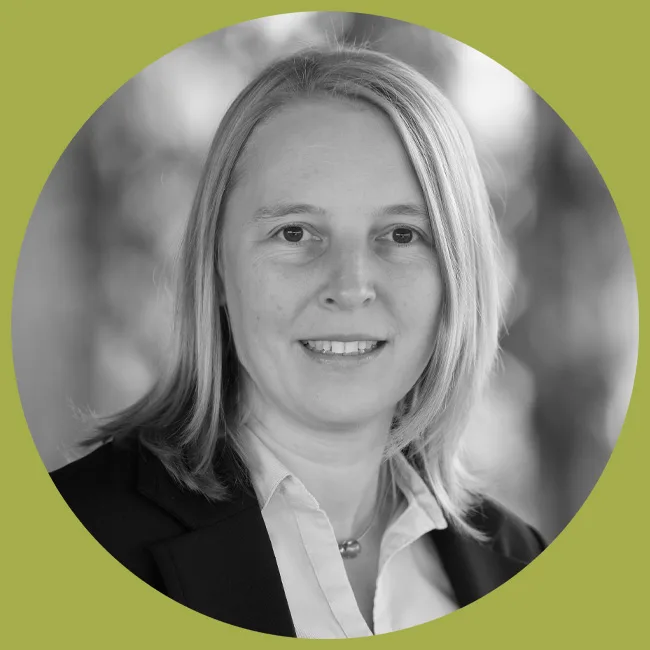
Name: Hannah Elfner
Profession: Physicist
Place of work: Institute for Theoretical Physics
Why did you become a scientist?
Because I like analyzing and solving problems.
What are you currently working on?
I work on modeling the dynamics of heavy ion collisions to find out how the phase transition between quarks and gluons and normal nuclear matter works.
What do you still want to find out/discover?
How matter is formed from quarks and gluons, the smallest building blocks known today and the force particles that hold the quarks together through the accumulation of further particles, thus forming hadrons.
What does your ideal workday look like?
I love that every day is different, and enjoy the variety offered by switching between different activities. Lectures and scientific discussions with students and colleagues, conferences, travel and international collaboration are what I enjoy the most.
What could you easily do without in your daily work?
Unnecessary bureaucratic hurdles that take up a lot of time.
What I like about my job is…
…the flexibility and the fact that it is always exciting.
How do you motivate your working group?
With my own enthusiasm for the subject and the results. In addition, it is very important to me that my group work as a team, which helps motivate each other.
To me, Goethe University Frankfurt is…
…a space that allows a lot of freedom in research and teaching and that you can actively shape.
What should society know about your research? Are there common misconceptions, and if so, which?
That basic research is something a society should be able to afford. My research centers on the basic interest in what exactly the matter that exists in the world consists of, and how the smallest building blocks behave. A common misconception is that nuclear physics has something to do with nuclear power plants.
Which famous personality would you like to swap days with?
With the German Chancellor. I would like to know how much you can really decide on your own in that position.
How do you get your mind off research?
Through sports, such as jogging or hiking in the woods, and meeting friends and family.
Prof. Dr. Hannah Elfner is a member of the ELEMENTS cluster initiative. The research cluster aims to find out how heavy elements, including copper, gold and lead, are formed in the universe.
More information on Prof. Elfner’s research topics is available here.


